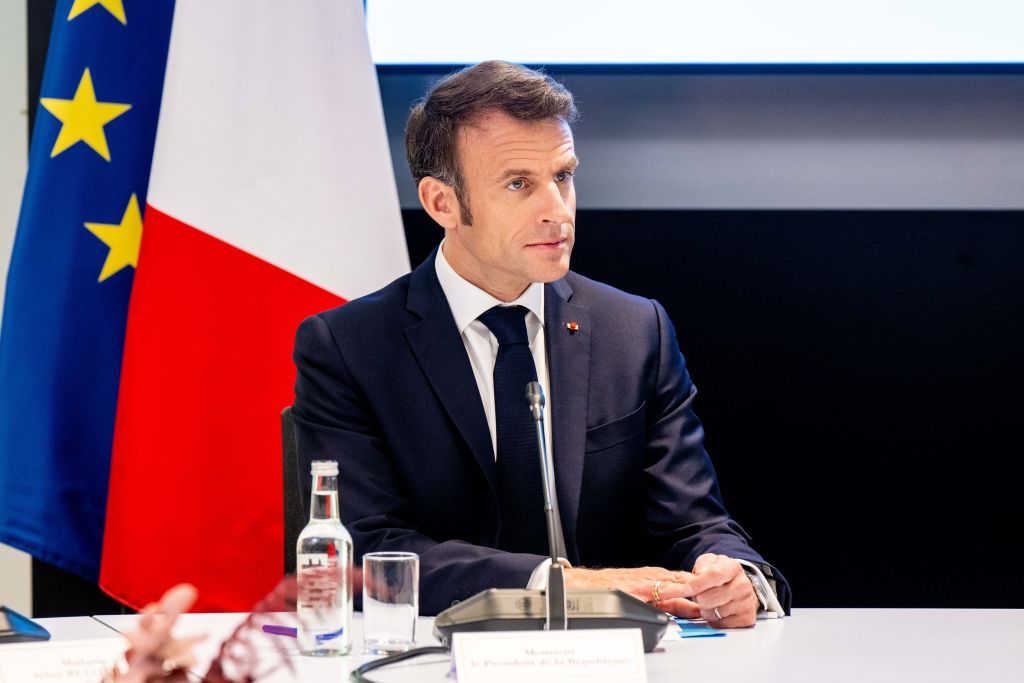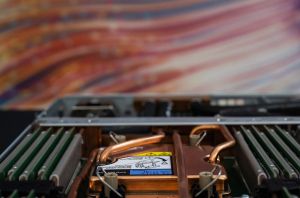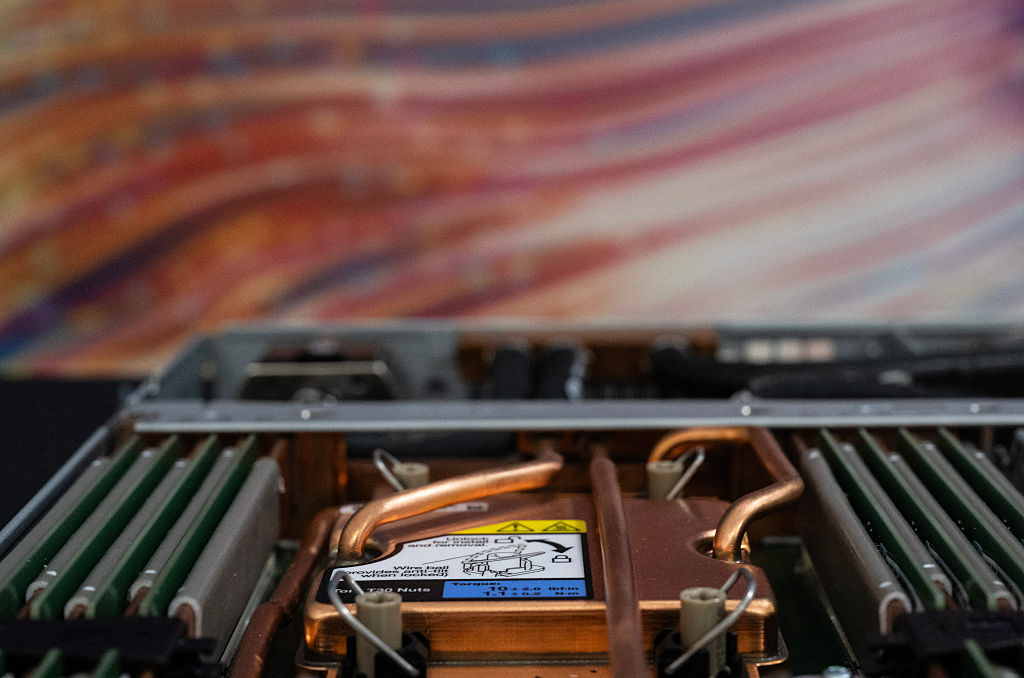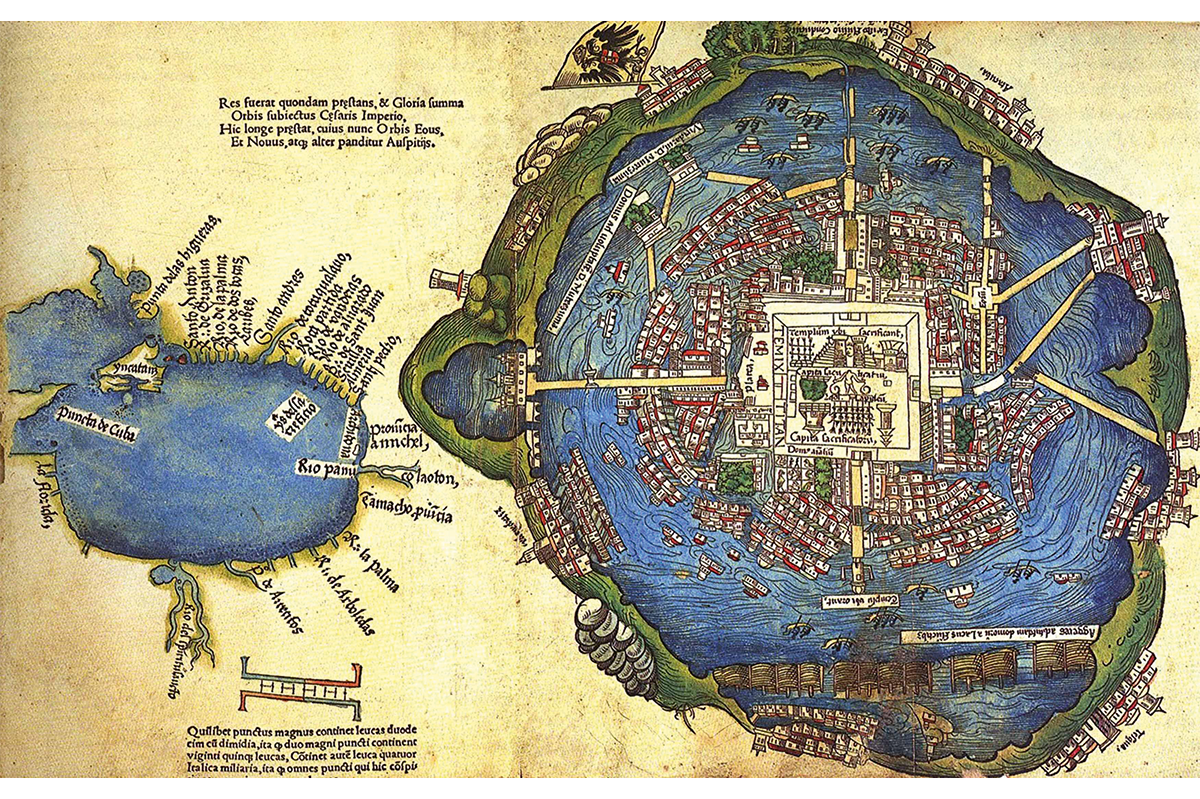French president Emmanuel Macron, the self-appointed leader of Europe, is having a not so great week. His multi-day visit to China and successive meetings with Xi Jinping were high on pomp but low on deliverables. But it was during the plane ride back to Paris, when he gabbed with journalists, that he got into trouble.
Seated aboard France’s version of Air Force One, Macron presented himself as a leader with an independent streak who believes Europe can’t follow the United States like docile little ducklings. His interview wasn’t remarkable, yet foreign policy commentators and politicians are hung up on his remarks about China and Taiwan. As reported by Politico Europe, a publication that was on the aircraft with Macron, the French president seemed to suggest that tensions in the Taiwan Strait weren’t Europe’s problem and that the downward spiral in US-China relations could place the continent in a bad spot.
“The question Europeans need to answer… is it in our interest to accelerate [a crisis] on Taiwan?” Macron asked. “No. The worse thing would be to think that we Europeans must become followers on this topic and take our cue from the US agenda and a Chinese overreaction.”
The responses came quickly on both sides of the Atlantic. Norbert Rottgen of the Bundestag’s foreign affairs committee was scathing on Twitter and German radio. Macron, he intoned, was all wrong: “If China #Taiwan should attack, then we Europeans have to stand by what we always say: that the international community has rules that apply to everyone.” Ulrich Speck, a columnist for Switzerland’s Neue Zurcher Zeitung and a fellow at Carnegie Europe, sideswiped Macron, tweeting, “the fact that China is a brutal, aggressive autocracy and Taiwan a peaceful, vibrant democracy is apparently irrelevant.” American lawmakers piled on as well, with Representative Mike Gallagher, chair of the House Select Committee on the Chinese Communist Party, calling Macron’s words “disheartening.”
Take a look at the transcript, however, and you realize the controversy is a big, fat nothingburger.
The commentary over Taiwan is being construed as a game-changing earthquake in international relations, as if Macron has decided to ditch Washington and throw all of France’s eggs in China’s basket. He’s being labeled as naive about the military threat China poses to Taiwan and about the stakes involved if Beijing were to order an invasion of the island.
But Macron isn’t naive at all. Being naive would be allowing another country to dictate your foreign policy and cornering the nation you represent into a situation whereby conflict between two superpowers is likely. In short, all Macron seems to be saying is that Europe shouldn’t automatically adopt US policy as its own or become a third-wheel at the grown-ups table.
If this sounds familiar, it’s because Macron has reiterated these points throughout his presidency. Strategic autonomy, loosely defined as Europe doing more for itself, is a core principle of Macron’s tenure. It’s also a principal the US doesn’t really support in practice, even though it claims to. Multiple administrations have successfully undercut European strategic autonomy for fear of the continent becoming a rival power center. Washington is much more comfortable maintaining primacy over Europe than watching Europeans make decisions for themselves.
For primacists like foreign policy intellectual Robert Kagan, keeping Europe in the American camp is crucial to maintaining the rules-based international order that keeps the barbarians of disorder at the gates. For others, it’s instrumental in containing China: loosen the reigns, the argument goes, and the risk of Europe bandwagoning with China to oppose US power goes up immeasurably. “NATO and an autonomous European defense force cannot both prosper,” Robert Kaplan wrote for the Atlantic in 2005. “Only one can — and we should want it to be the former, so that Europe is a military asset for us, not a liability, as we confront China.”
The predominant view in American policy circles doesn’t match Macron’s ambitions, but instead renders them obsolete. To be completely fair, much of Europe buys into this logic, and believes Macron’s campaign to transform Europe into a power center in its own right is the height of delusion. The practicalities certainly aren’t simple: even if Macron could get widespread backing for his project, there are countries in Europe, particularly Poland, Germany and the Baltic States, that wouldn’t be comfortable with anything short of a US security guarantee. Would France or the United Kingdom ride to the rescue if the Baltics were under attack? The question is constantly on the minds of Eastern European officials, and the broad consensus appears to be “no.” The American push against Macron’s vision is only reinforcing these beliefs, simplifying Europeans as forever incapable of leadership and forever destined to be America’s dependents.
“Dependent” isn’t in Macron’s vocabulary. Europe is, or at least should be, a geopolitical pole just like the US and China. His latest interview confirms what we already know: France’s president wants his fellow Europeans to grow a spine. That this view is getting hammered as controversial, pro-China and beyond the pale is an indictment of our current discourse.

























